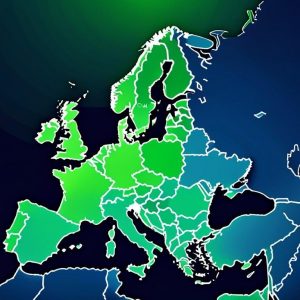-
Home / News
News
-
Read More
Patent translation is a complex process that requires a deep understanding of both language and law. A good patent translator must not only be fluent in multiple languages, but also have a strong grasp of technical terminology and the nuances of patent law.
One of the biggest challenges in patent translation is finding the right balance between authenticity and accuracy.
-
Read More
The European Union Intellectual Property Office (EUIPO) has published its Strategic Plan 2030, outlining its vision for intellectual property, viz. EU trademarks and designs, and priorities for the next five years. The plan, which takes effect on January 1, 2025, aims to build a "robust, inclusive, and sustainable IP ecosystem" that supports innovation, competitiveness, and economic growth in Europe.
-
Read More
The current patent eligibility framework in the U.S. has faced criticism for straying too far from the actual wording of the patent statute. The law clearly states that both "inventions" and "discoveries" are eligible for patents.
However, the courts have introduced various exceptions, like banning patents on "abstract ideas" and "natural phenomena," even though those terms don't appear in the statute. In one case, the Supreme Court even said courts shouldn't add exceptions that aren't in the law.
-
Read More
Patent applications worldwide reached a record 3.5 million in 2023, marking the fourth consecutive year of growth despite economic uncertainty, according to the World Intellectual Property Organization's (WIPO) latest World Intellectual Property Indicators (WIPI) report.
China led with 1.64 million patent filings, followed by the United States (518,364), Japan (414,413), South Korea (287,954), and Germany (133,053). India's rapid economic expansion fueled a significant 15.7% jump in patent filings, reaching 64,480, propelling the nation to the sixth position globally, largely attributed to a surge in domestic applications.
-
Read More
The recent NextStep, Inc. v. Comcast Cable Communications decision reinforces the critical importance of precise language in patent litigation, particularly concerning the doctrine of equivalents. The appeals court affirmed the lower court's finding of non-infringement, highlighting significant deficiencies in NextStep's evidentiary presentation.
Central to the court's decision was NextStep's expert testimony, which the court found lacking in specificity and proper claim analysis.




